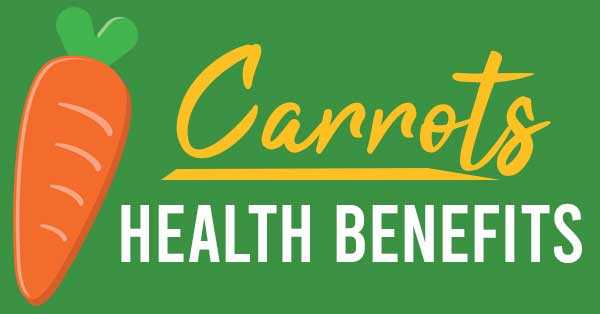You hear it all the time: “Eat your vegetables.”
So what vegetables have you been eating? If carrots are not on the list, it might be a good one to consider adding!
Carrots come with a long list of health benefits and are very “accessible.” You can find them at virtually every grocery store across Minnesota – 365 days a year. Plus baby carrots come pre-washed in a bag for easy eating.
Nutritional Facts
A half-cup serving of carrots contains just 41 calories. The rest of the nutritional fact numbers are promising as well…
Total fat: 0.2 grams
Sodium: 69 milligrams
Total carbs: 9.6 grams
Fiber: 2.8 grams
Sugar: 4.7 grams
Protein: 0.9 grams
Calcium: .033 grams
Potassium: .32 grams
Iron: 0.30 milligrams
This makes carrots a great source of carbs and fiber – not to mention the other vitamins they are packed with.
Like most natural foods, nutrition facts can vary from carrot to carrot. This data was taken from Cleveland Clinic.
The Vitamins
Vitamin A is received into your body after processing the beta carotene found in carrots. Vitamin A is the nutrient that promotes good vision and is the reason why many people tie carrots to better vision.
Carrots are not high in calcium, which is usually associated with building stronger bones. However, they are high in vitamin K1 which similarly promotes bone health.
Your immune system will get a boost from the vitamin C in carrots. While not as prevalent as the vitamin C levels found in oranges, it’s nice to see this orange vegetable provide another great source.
Lastly, vitamin B6 is plentiful in carrots and is helpful in converting the food we eat into energy our bodies can use.
Health Benefits
Besides promoting vision, bone health, immune system function, and energy conversion as a result of vitamins found in carrots, they also serve to lower your cancer risk. The antioxidants found in carrots are helpful in fighting off free radicals in your body. This can play a role in lowering your cancer risk.
Patients who are diabetic will benefit from carrots’ low rank on the glycemic index because they are slow to raise blood sugar levels after eating. The soluble fibers found in carrots can also help to slow down your digestion of sugar and starch.
What to Watch For
Eating too many carrots can be problematic, but many of us likely do not eat the recommended serving of carrots to begin with. Compare the number of carrots you are eating to the real serving size – you will probably be surprised just how large of a serving the correct amount is. Regardless if you eat too many carrots, the beta-carotene in them can make your skin turn orange-yellow in color.
Carrots are often associated with dunking them in dip. If eating them with dip helps you to trade in potato chips for carrots, you are moving in the right direction. However, you will want to pay special attention to nutrition information on your dip. There can be massive differences from one brand of dip to another.


